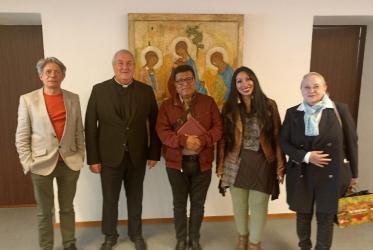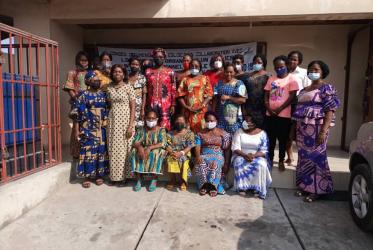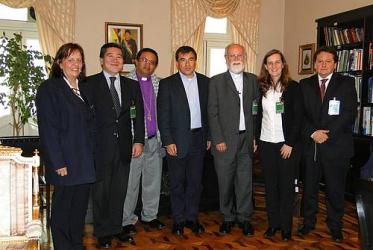Displaying 1 - 13 of 13
Interfaith Rainforest Initiative expands
12 February 2019
Seven weeks of Lent highlight water justice in Latin America
12 February 2018
Applications open for WCC Eco-School
10 May 2017
Youth engagement fundamental to HIV response
18 April 2017
Working for climate justice is an ethical and spiritual imperative
27 February 2013
Statement on global economy delivered to Bolivia
15 January 2013









